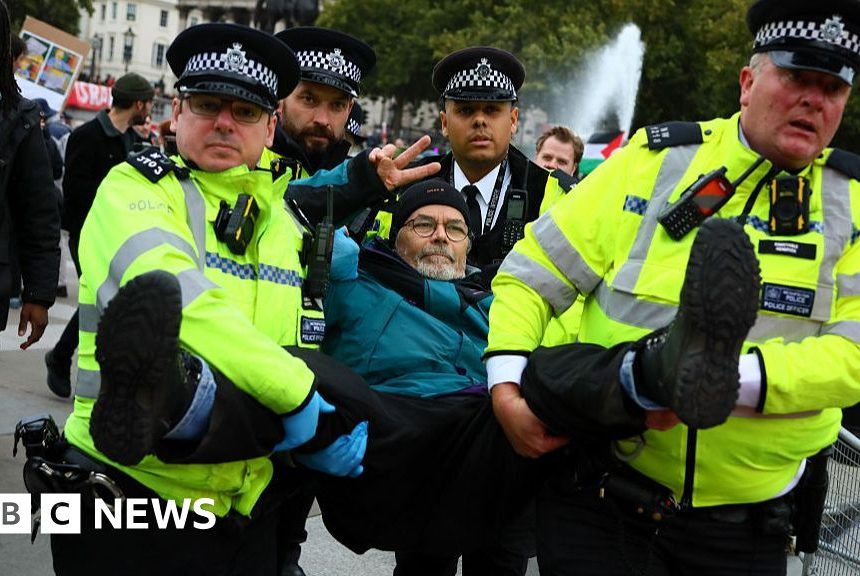Shannen Headley,BBC News, West Midlands and
Simon Gilbert,in Warwickshire
 BBC
BBCThe education secretary has accused Reform UK of seeking to take “children back to the Victorian era” over a council’s plan that could see pupils as young as eight walking up to five miles to school.
Reform’s George Finch – who gained attention earlier this year when he became leader of Warwickshire County Council at the age of 18 – wrote to Bridget Phillipson, seeking permission to revise rules that govern pupils’ eligibility for free home-to-school transport.
Allowing councils to set their own rules over statutory walking distances, he wrote, would save them money.
Phillipson said the plan showed Reform posed a danger to children. Finch has been contacted for comment.
Statutory walking distances are the rules, set by government, that decide how far a child must live from their school before they are eligible for free home to school transport.
Currently, a child under the age of eight is eligible for free travel to their nearest suitable school if it is more than two miles from their home. Children aged eight years or above are eligible if the distance is more than three miles.
Finch’s council runs to the same distance thresholds when working out eligibility, but he is seeking permission for those to be set at local level, and in the case of Warwickshire, extend distances by two miles for each of the age categories.
But it has drawn complaint that if affected families could not find alternative transport means under such a change, walking longer distances would become their only option.
In a statement to the BBC, the education secretary said: “A Reform-run council is seriously proposing to make children in a deprived area walk five miles to school so [the council] can balance their books.”
Comparing that to “taking our children back to the Victorian era”, she said: “If you want an example of the danger that Reform would pose to our children if they ever got into government, look no further.”

On Tuesday it emerged that according to government estimates, nearly half a million under-16s in England used taxis, buses and other transport funded by their local authorities to get to school.
Finch, in his letter to the education secretary, wrote that analysis undertaken by council officers suggested that increasing the statutory distance by one mile could mean Warwickshire reduces its “eligible cohort” for free home to school transport by 8%, and if distance was increased by two miles, the reduction would be by approximately 16%.
“Costs have rocketed from £17.9m in 2018 to £50m,” he stated. “We’ve got to make this sustainable while supporting families.”
The numbers are roughly in line with those recorded separately in council documents which point to a sum of £17.2m in 2018/19, and to a budget of £46.65m for the provision in 2025/26.
“The county currently transports over 10,000 pupils to their school settings,” the letter added.
He told Phillipson: “As you are aware, home to school transport is an important function delivered by local authorities, but one that is seeing ever increasing and unsustainable costs for many authorities, including my own.”
He wrote: “I would therefore like to formally request that local authorities are given the power to have delegated authority to change this statutory eligible walking distance where it makes sense to do so in a local area.
“This would provide local authorities with another vital tool to tackle the challenges faced by rising costs of provision, based on local circumstances.”
‘Long walks in the cold’
Sarah Feeney, an opposition councillor in Warwickshire, said she was concerned the council leader was “asking to make life harder for working families”.
The Labour member said: “I’ve seen cases across the county where parents are already struggling to get their children to school because they fall just short of the three miles. Some of them have very small children and getting them to school is incredibly hard with long walks in the cold.”
She added: “I don’t believe people voted for Reform in May to have vital services cut from them.”
Phillipson, in her statement, said: “It’s typical of Reform’s approach: make big promises about finding waste and then discover you can’t deliver without hitting working families with cuts to services or tax rises.
“It’s happening over and over again in Reform-led councils and it’s what they’d do for the country too.”



